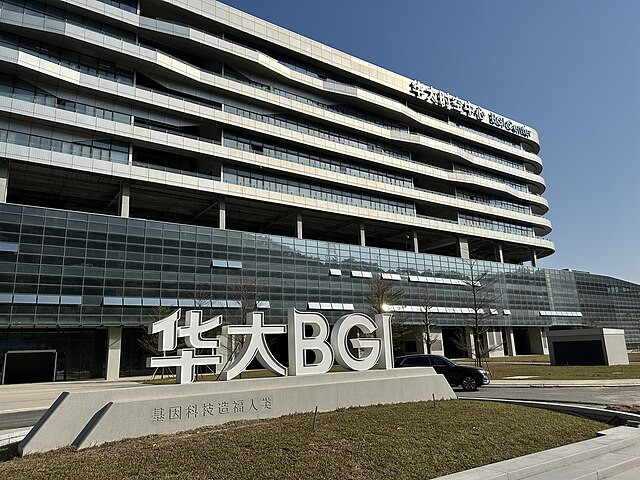The U.S. Senate is currently deliberating on a groundbreaking bill that aims to redefine the business landscape for prominent Chinese biotech firms such as BGI and WuXi Apptec. This legislation, primarily designed to protect the personal health and genetic information of Americans from foreign threats, is under rigorous examination in a committee meeting. The bill, which has already stirred significant market reactions and investor apprehensions, proposes stringent restrictions on federal agencies' interactions with these Chinese entities.
Shares of WuXi AppTec experienced a notable downturn last month when the bill was initially introduced, signaling deep-seated concerns among investors about the legislation's potential impact. As it stands, the bill seeks to bar federal contracts with not only BGI and WuXi AppTec but also their affiliates and other biotech firms deemed concerning from a national security perspective. This move to safeguard sensitive American data is seen as a direct response to perceived vulnerabilities in the face of foreign biotech advances.
Key figures from the targeted companies, including WuXi Apptec's COO for the U.S. and Europe, Rick Connell, have voiced their concerns, asserting their trustworthiness as global partners and denying any security risks. Similarly, Complete Genomics, a subsidiary of MGI and by extension associated with BGI, refuted the bill's implications, emphasizing its focus on genomic sequencing without engaging in data collection or genetic analysis.
The controversy extends to the broader implications for the U.S. biotech landscape. BGI Group, in response to the proposed legislation, warned of its potential departure from the U.S. market, which could inadvertently stifle competition and innovation. The bill's premise, while rooted in national security, raises questions about the balance between safeguarding citizen data and maintaining a competitive and diverse biotech industry.
As the Homeland Security and Governmental Affairs Committee convenes to discuss and potentially amend the bill, the biotech world watches closely. The legislation's progression through the Senate and potentially the House, followed by the President's approval, will be a critical test of the U.S. government's stance on foreign biotechnology firms and their place in the American market.
This legislative endeavor comes at a pivotal moment for U.S.-China relations, particularly in the realms of technology and biotech. The outcome of these discussions could set a precedent for how the U.S. navigates the complex interplay between national security and global scientific collaboration. The biotech industry, investors, and international observers await the final decision, which could reshape the contours of biotech innovation and cooperation on a global scale.






